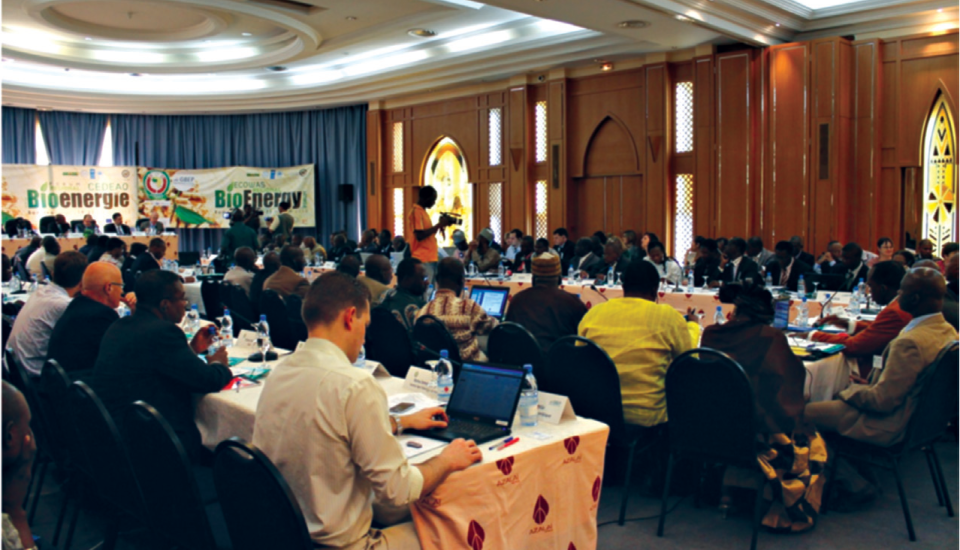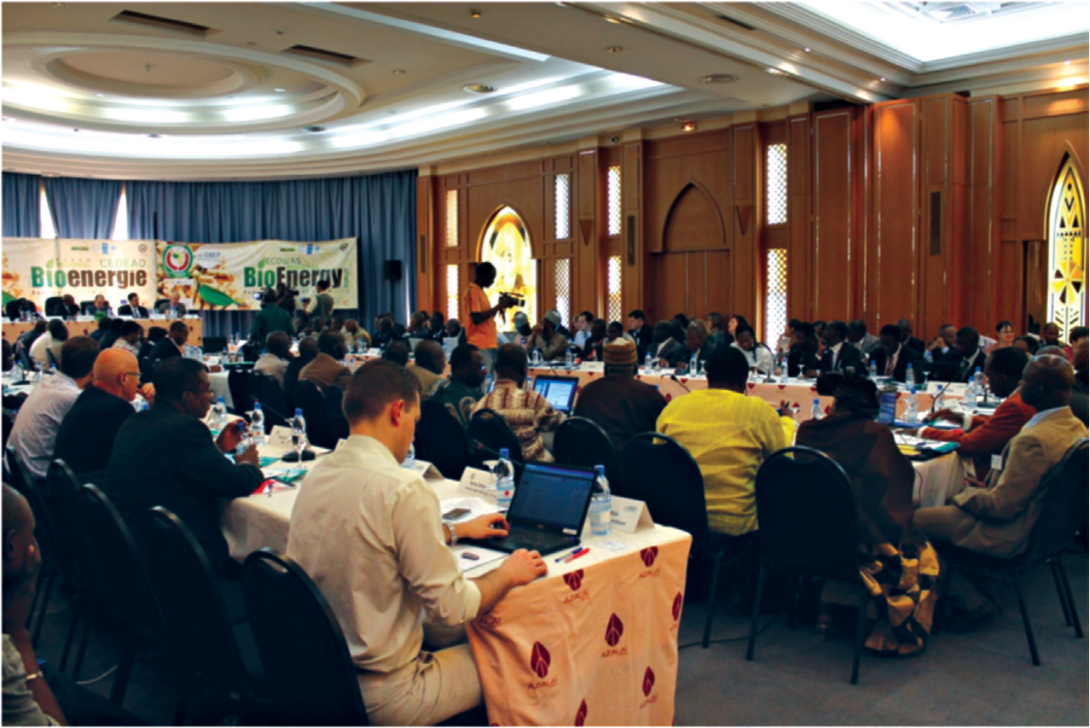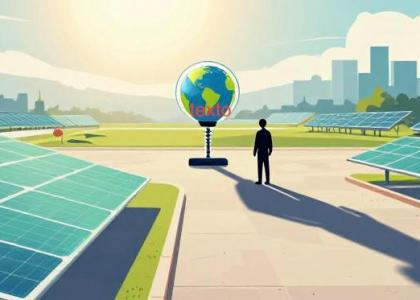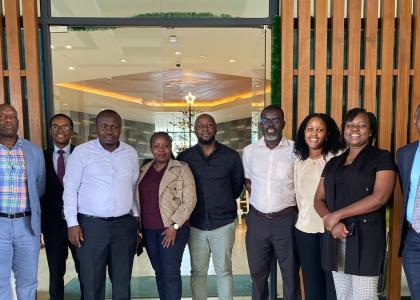ECREEE and the Global Bioenergy Partnership (GBEP) co-organized the first ECOWAS Regional Bio-energy Forum, in Bamako, Mali, from 19–21 March 2012. The objective was to deliberate on strategies, through multi-stakeholders’ dialogue and exchange of experience, for promoting the transition from traditional use of biomass resources to a modernized and efficient utilization of these resources.
The discussions focused particularly on approaches to simultaneously promote energy and food security, mitigate the negative effects on health and the environment caused by using traditional woodfuel, as well as the necessary conditions for promoting the use of modern and alternatives fuels and cookstoves through private sector participation. The Forum also served as a platform to exchange knowledge in the use of the Decision Support Tool (DST) for Sustainable Bioenergy – developed by the United Nations Environment Programme (UNEP) and the Food and Agriculture Organization (FAO), as well as to deliberate on the GBEP Sustainability Indicators for Bioenergy.
The three-day event was supported by UNDP Regional Bureau in Dakar; UNEP, the Global Alliance of Clean Cookstoves; the UN Foundation, the Governments of the United States of America, Brazil, Canada and, Mali. The Forum brought together over 180 participants and dignitaries including the Honourable Habib Ouane - Minister of Mines, Energy and Water Resources of Mali; Mr Ebrima Njie - the ECOWAS Commissioner for Infrastructure - Mr Emerson Kloss - Division Head of the Brazilian Ministry of External Relations - as GBEP Co- Chair, Mr. Maurice Dewulf - the UNDP Resident Representative in Mali, Mr. Raffi Balian - Senior Advisor for Bioenergy and Renewable Energy at the United States Department of State, GBEP Partners and representatives from the ministries of Energy, Agriculture and Environment of the ECOWAS member states and regional and international organizations.
The Forum agreed on the Regional Bioenergy Strategy Framework based on the following key components: (1) Resource Assessment and Planning; (2) Policies and Strategies; (3) Knowledge sharing; (4) Capacity building; and (5) Financing mechanisms and resource mobilization.
It is expected that this strategy will help promote and attract domestic and foreign investments with the goal to address the lack of energy security prevailing in the region, particularly in the rural and peri-urban areas, without compromising food security and environmental sustainability. It was decided that in the implementation of the Strategy Framework, emphasis will be placed on local production of technology components and fuels so as to facilitate socio-economic development through job creation.







